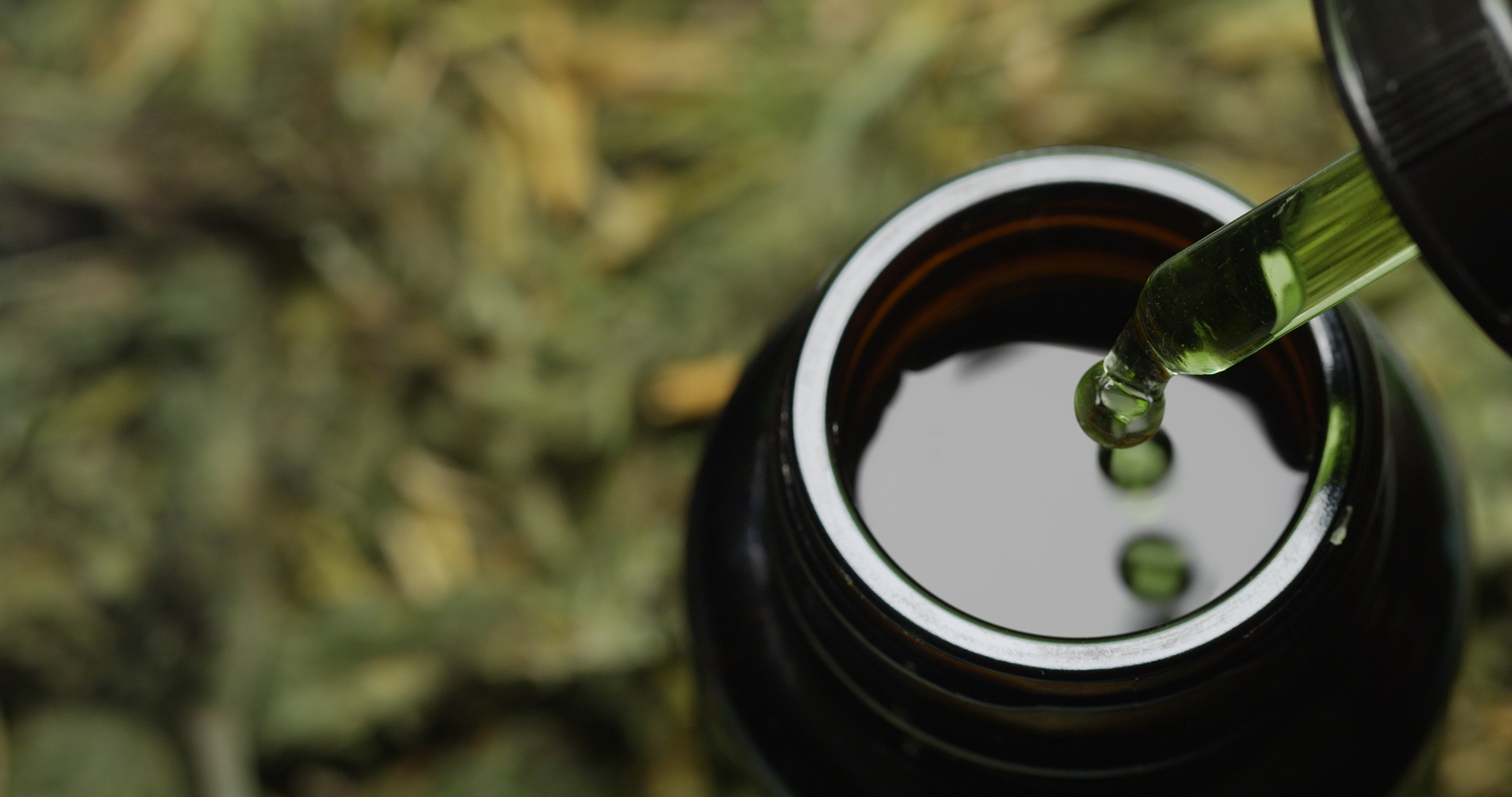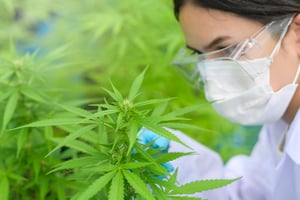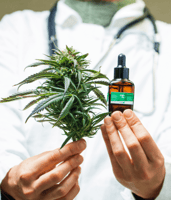Broughton's Regulatory Operations Manager, Emily Saunders discusses why lengthy delays in the CBD approval process are causing frustration in the industry.
What are cold-pressed CBD products and are they any good?
Cannabinoids

Jul 29, 2022 | Published by Emily Saunders
Cannabinoids
Broughton's Regulatory Operations Manager, Emily Saunders, explains what cold-pressed CBD products are and why they are currently exempt from the UK and EU Novel Food Regulations.
Can cold-pressed CBD products offer an alternative route to market for manufacturers given the costly and time-consuming novel food application process in the UK and EU? And if it does offer a way to circumnavigate the scientific testing and data collection necessary to keep CBD ingestibles on the market, are these products any good, and should consumers trust them?
What are cold-pressed CBD products?
As the name suggests, cold-pressed products use low temperatures and a physical rather than a chemical approach to release the oil that contains CBD and other cannabinoids under extreme pressure. No solvents are used in the process and the cold temperature helps prevent the degradation of the cannabinoids. These techniques make use of the entire plant, which many companies claim increases the quality of the product as nothing is left out.
The lack of a chemical process and the more ‘natural’ extraction technique is what makes cold-pressed CBD products exempt from the novel food regulation. The Food Standards Agency (FSA) has decided that ingestible CBD products made through cold-pressed techniques will be classified as non-novel.
Cold-press product quality
There are many concerns around the use of cold-pressed extraction techniques for CBD products which continue to be discussed across the industry. The first and most important is product quality. Although the novel food regulation has been applied to ingested CBD products primarily to address the issue of consumer safety, the quality of these food products is also a concern for regulators. The CBD yields generated from cold-pressed techniques are not only lower than those produced through conventional chemical techniques, but the quality of the product is also poorer. This is because cold-pressed techniques basically separate the liquid from the plant matter with less CBD extracted per plant.
Cannabinoids are also not isolated as they would be in a chemical process, resulting in non-decarboxylated cannabinoids and a product that has other cannabinoid constituents such as CBDA in addition to CBD. However cold-pressed CBD products are still marketed under the label of CBD products and consumers may not understand the difference.
Side-stepping the Novel Food Regulation
The time and cost of a novel food application in both the UK and EU are considerable. So far, no company has been awarded a novel food marketing authorization for a CBD product. The recent update from the European Food Standards Association (EFSA) regarding missing data and gaps in the novel food applications already submitted along with the need for manufacturers to address these before the authorization process restarts are only going to increase the costs. Although there is controversy surrounding the companies that have decided to go down the cold-pressed route and effectively side-step the novel food regulations, many in the industry claim they have been backed into a corner. There is a growing feeling that the bar to obtaining a novel food authorization has become unnecessarily high and it will squeeze smaller companies out of the industry whilst stifling innovation and growth. In some cases, manufacturers are blaming the regulators for having forced companies to find different ways, such as cold-press extraction, to stay in business.
A short-term or long-term vision for the industry
Consumer demand for CBD-based food and drink is currently booming and looks set to grow even more over the next decade as these products become more mainstream. Convincing consumers that these products are safe and of a high, consistent quality is in everyone’s interest to grow the category. Although some suggest that the FSA is holding the industry back with an overly lengthy and complicated review process, the regulator’s role is to protect consumers rather than promote and support the industry.
Some may also claim that although there is a clear need to protect consumers, many of the health claims for CBD have already been investigated and proven, making the novel food application process either completely unnecessary or, at the very least, far too complicated for its purpose. The missing data highlighted by the EFSA, however, indicates this is not the case and much more scientific testing, data analysis, and understanding are needed to enable the CBD market to move beyond early adopters.
There is always an uneasy balance between allowing companies to innovate and deliver new and game-changing products and the need for regulation and controls to protect the public. This is not a unique story applicable to just the CBD novel food sector. Responsible manufacturers should be looking to strengthen their novel food applications to grow the industry’s understanding of CBD and work with regulators to help grow the entire medicinal cannabis and CBD industry. Side-stepping the regulations is never the way to build a responsible industry especially when it relates to building consumer trust in products aimed at improving human health and well-being.

We can help
Broughton offers an experienced team of analytical testing experts supported by scientific and regulatory compliance consultants capable of managing both individual projects and full-service global regulatory projects.
Book a meeting to discuss how we can help your business with its next project.


